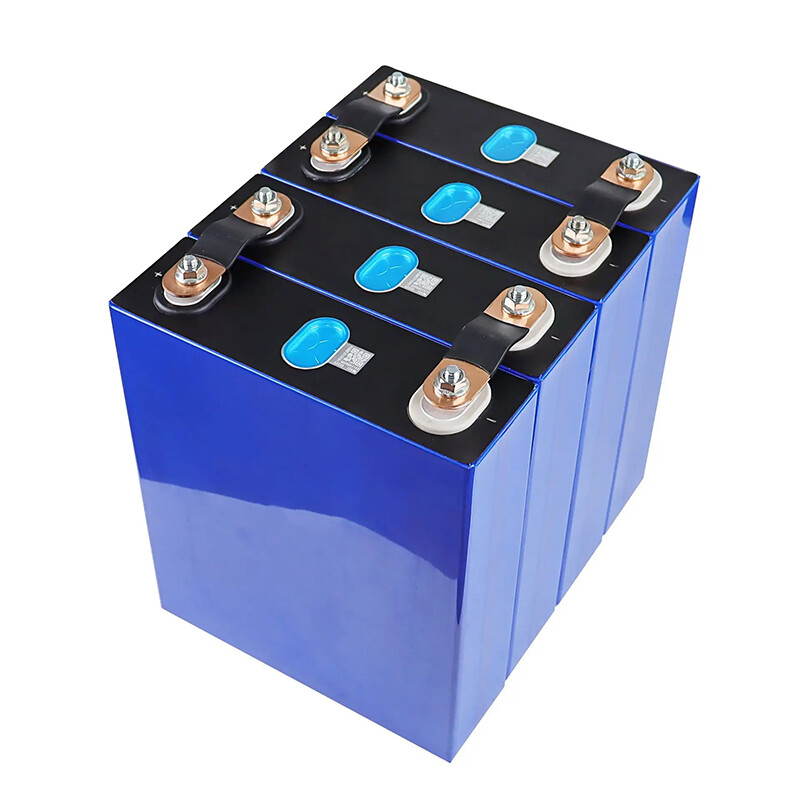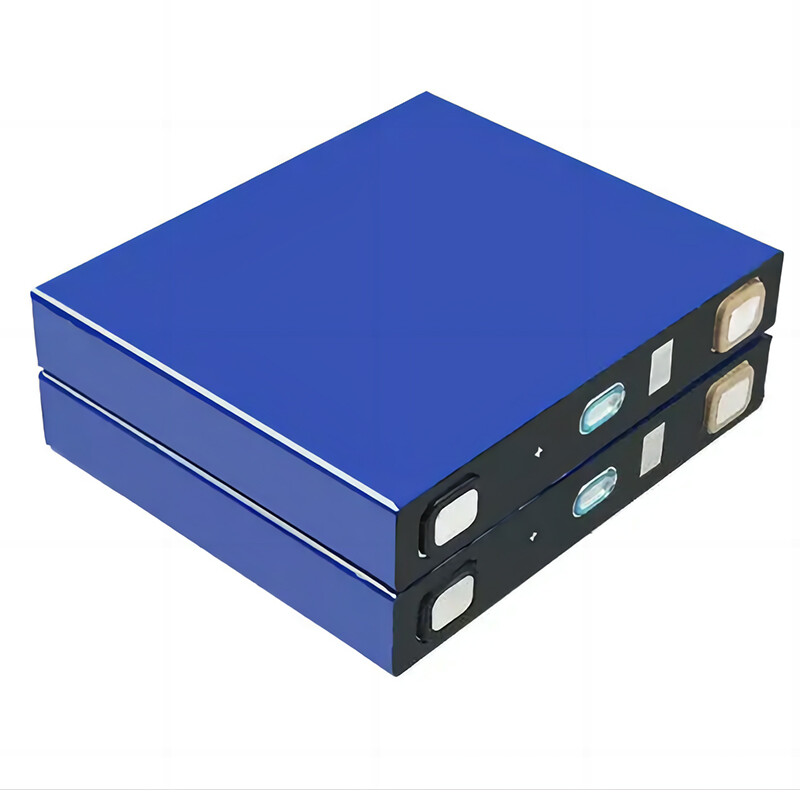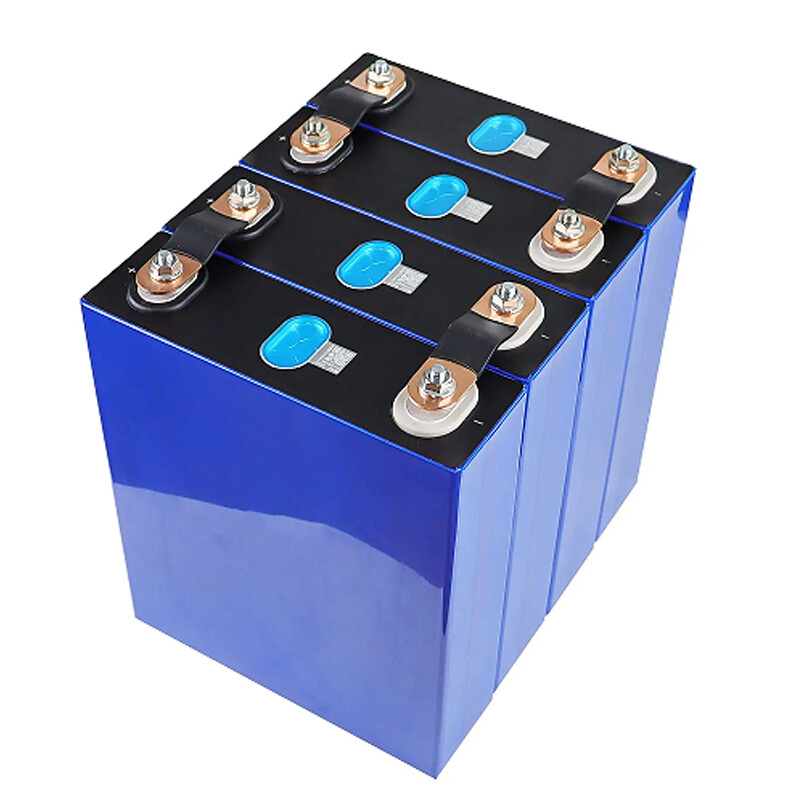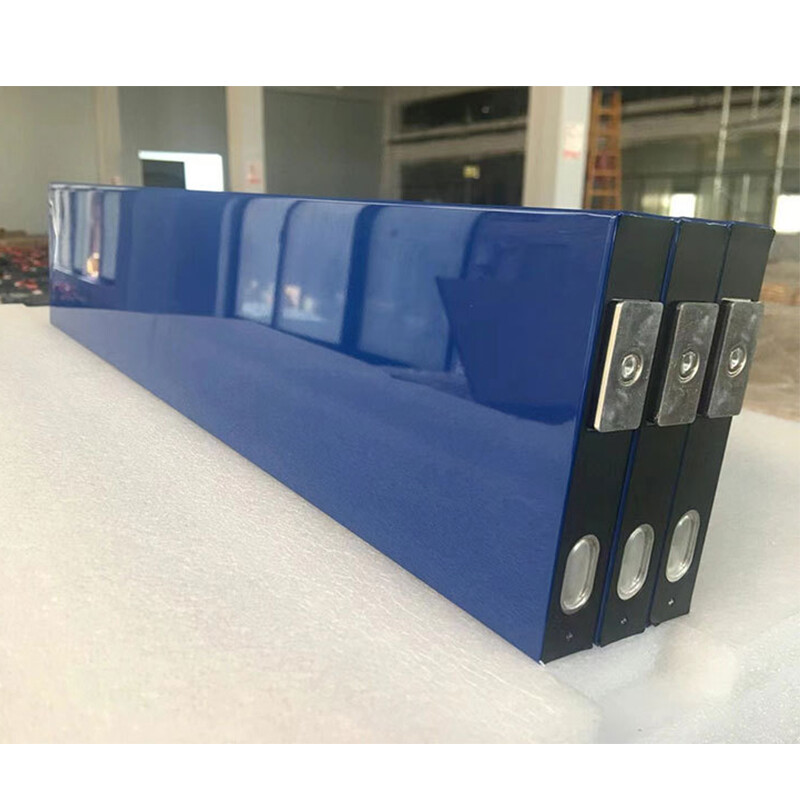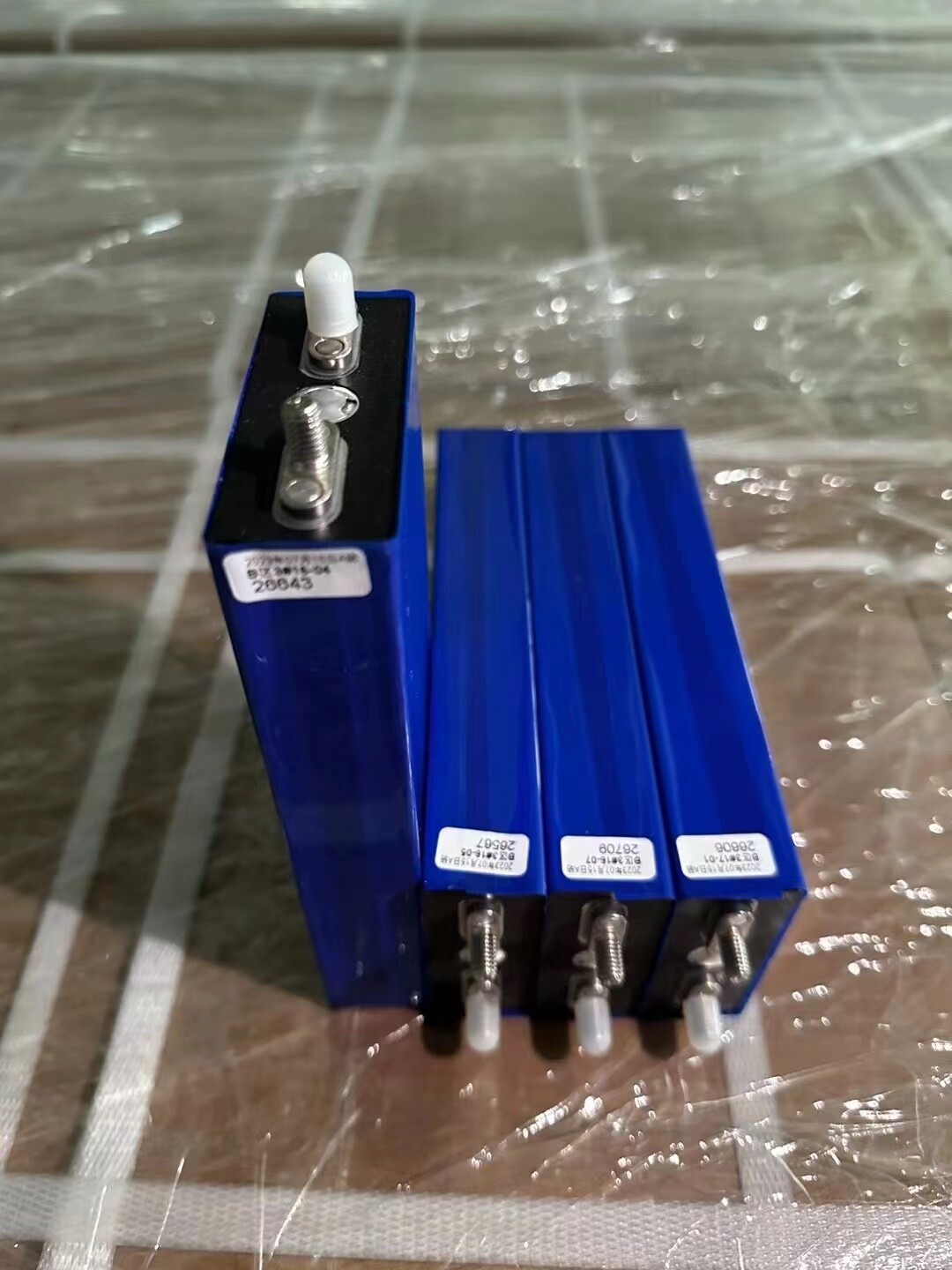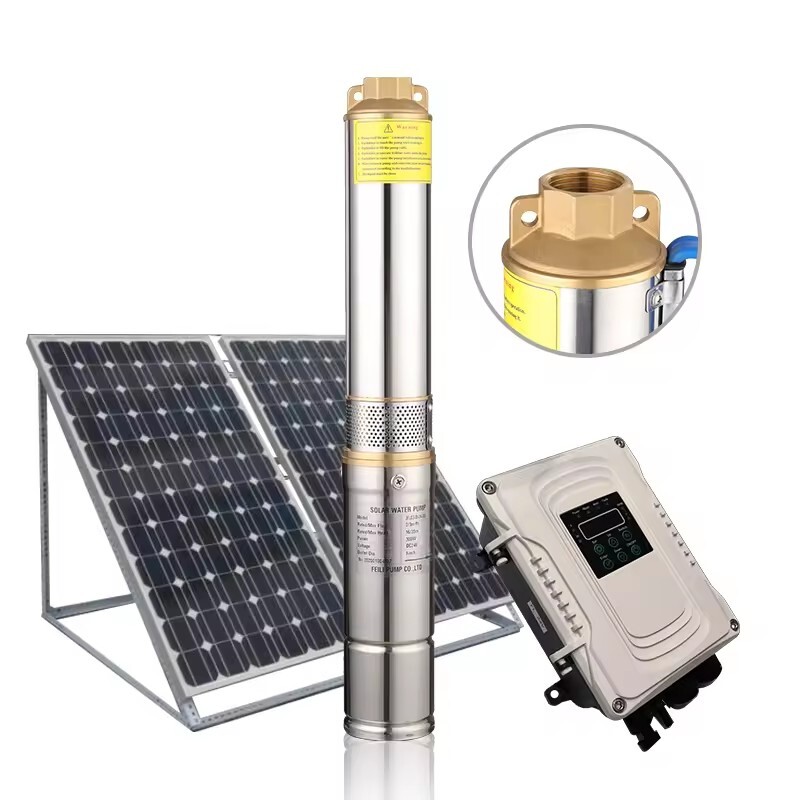* Price upon request
PRODUCT DESCRIPTION
Lithium Iron Phosphate (LiFePO4) Battery
The LiFePO4 battery, short for lithium iron phosphate battery, is a high-power lithium-ion rechargeable battery designed for energy storage, electric vehicles (EVs), power tools, yachts, and solar systems. Utilizing lithium iron phosphate as the positive electrode material, these batteries offer exceptional safety and cycle life performance, which are crucial technical indices for power batteries.
A Lithium Phosphate LiFePO4 Battery charged at 1C can typically achieve around 2000 cycles. It has notable safety features, such as resistance to puncture-induced explosions and reduced risk of burning when overcharged. The lithium iron phosphate cathode material allows for the seamless use of large-capacity lithium batteries in series. The LiFePO4 battery operates within a voltage range of 2.8V to 3.65V, with a nominal voltage of 3.2V, and it functions effectively in a wide temperature range (-20℃ to +75℃).
Specifications
Features of lithium iron phosphate prismatic batteries:
v Safety: lithium iron phosphate material has excellent thermal and chemical stability, even under overcharging, over-discharging, short-circuiting or high temperature conditions, it can remain stable and is not easy to explode or burn.
v Cycle life: Lithium iron phosphate prismatic batteries have a long cycle life, which can reach more than 2,000 cycles or even more, which means that they can still maintain a high capacity after multiple charging and discharging.
v Energy Density: While the energy density of LiFePO4 prismatic batteries may be slightly lower than that of Li-ion ternary prismatic batteries, it still provides a high enough energy density to be suitable for use in electric vehicles, energy storage systems, and other applications with high energy requirements.
v Cost-effective: Lithium iron phosphate materials do not contain precious metals, such as cobalt, making LFP batteries cost-effective to produce.
v Environmental friendliness: LFP batteries have a low environmental impact during production and recycling because the phosphorus and iron in them are both abundant elements in the earth and easy to recycle.
v Thermal Management: The prismatic package form is favourable to the thermal management of the battery because its flat design facilitates heat dissipation and helps to control the temperature of the battery during operation.
v Space Utilisation: The prismatic cell shape allows for more efficient space utilisation, resulting in a more compact pack design and improved overall energy density.
Areas of application:
² Electric vehicles: Lithium iron phosphate prismatic batteries are ideal for electric vehicles, especially for those that value safety and long life.
² Energy storage systems: In stationary energy storage systems such as grid storage, home storage and industrial storage, Li-FePO4 prismatic batteries provide stable power backup and peak shifting capabilities.
² Industrial applications: In industrial equipment, uninterruptible power supplies (UPS) and other power storage solutions that require high reliability and long life.
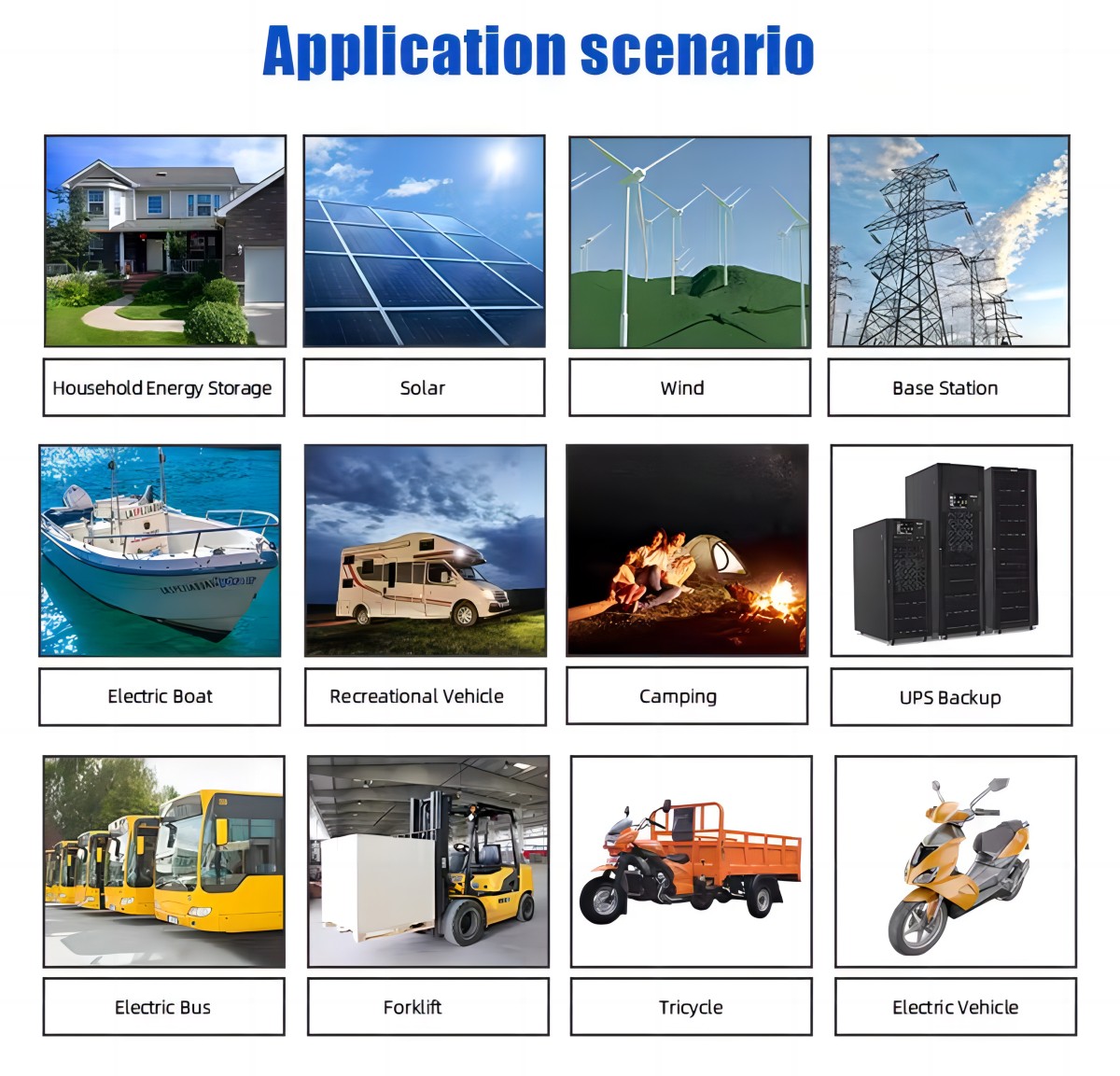
Development trend
As battery technology continues to advance, the performance of lithium iron phosphate prismatic batteries will continue to improve, including higher energy density, faster charging, and longer life. At the same time, battery manufacturers are exploring new materials and processes to reduce costs and improve performance, as well as developing more efficient battery management systems to optimise battery use and maintenance. In the future, lithium iron phosphate prismatic batteries are expected to be used in a wider range of applications, especially in industries that have stringent requirements for battery safety and cycle life.
RELATED SUGGESTION
SEND US YOUR INQUIRY
SEND US YOUR INQUIRY


